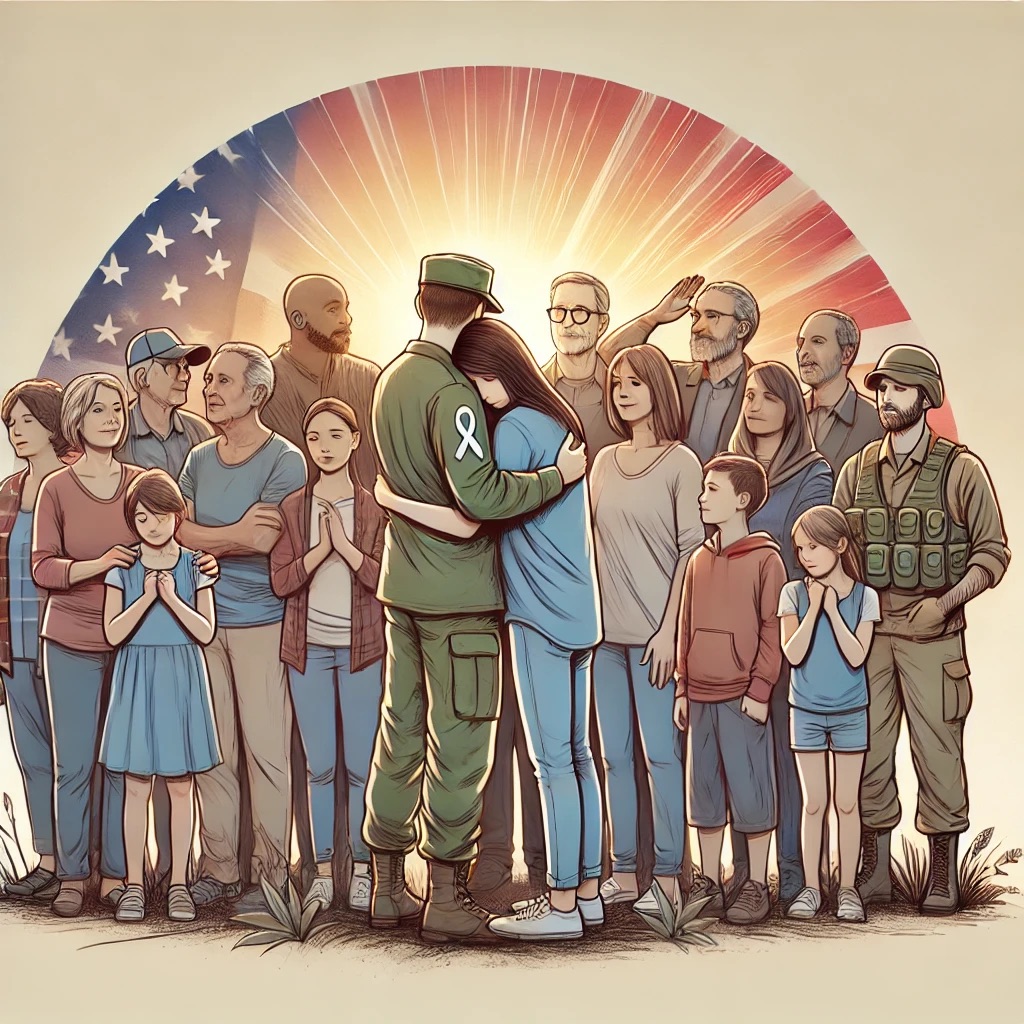Suicide is a devastating event that leaves an indelible mark on everyone connected to the individual. Studies show that those who lose a loved one to suicide face significantly heightened risks for mental health challenges, physical illnesses, and even their own struggles with suicidal thoughts. This ripple effect highlights an urgent need for awareness, understanding, and accessible resources for both prevention and support.
The Impact on Survivors
When someone takes their own life, the pain doesn’t disappear—it is transferred to those left behind. Survivors of suicide loss often grapple with:
1. Mental Health Challenges:
• Increased risk of depression, anxiety, PTSD, and complicated grief.
• Survivors are statistically more likely to experience suicidal thoughts themselves.
2. Physical Health Concerns:
• Chronic stress can lead to physical conditions such as heart disease, chronic pain, and autoimmune disorders.
• Sleep disturbances and exhaustion are common, weakening the immune system.
3. Emotional Burden:
• Feelings of guilt, shame, or responsibility can weigh heavily.
• Survivors often struggle to find closure, leaving wounds that take years to heal.
The Importance of Prevention and Support
The good news is that help is available, and no one has to face these struggles alone. By fostering open conversations about mental health and ensuring access to resources, we can save lives and support those in need.
Resources for Support
For Veterans:
• Veterans Crisis Line: Call 988 and press 1, or text 838255. Visit their website.
• Wounded Warrior Project: Provides mental health resources and support for veterans. Learn more here.
For Civilians:
• National Suicide Prevention Lifeline: Call 988 for 24/7 confidential support. Visit their website.
• Crisis Text Line: Text HOME to 741741 to connect with a trained crisis counselor.
• The Trevor Project: Specialized support for LGBTQ+ individuals. Call 1-866-488-7386 or text START to 678678.
How You Can Help
• Start the Conversation: Don’t shy away from asking loved ones how they are doing. A simple question can save a life.
• Know the Warning Signs: These include withdrawal, hopelessness, or sudden changes in behavior.
• Offer Support: Be present and guide them toward professional help if needed.
A Shared Responsibility
When someone takes their own life, it’s not just their life that is lost. The ripple effects extend to families, friends, and communities. By working together to break the stigma surrounding mental health and suicide, we can foster a culture of compassion and understanding.
If you or someone you know is struggling, don’t wait. Reach out to the resources above. You are not alone, and help is always available.
Together, we can turn the tide and bring hope to those who need it most. See you out there.
Discover more from Inside the mind of Wade
Subscribe to get the latest posts sent to your email.



